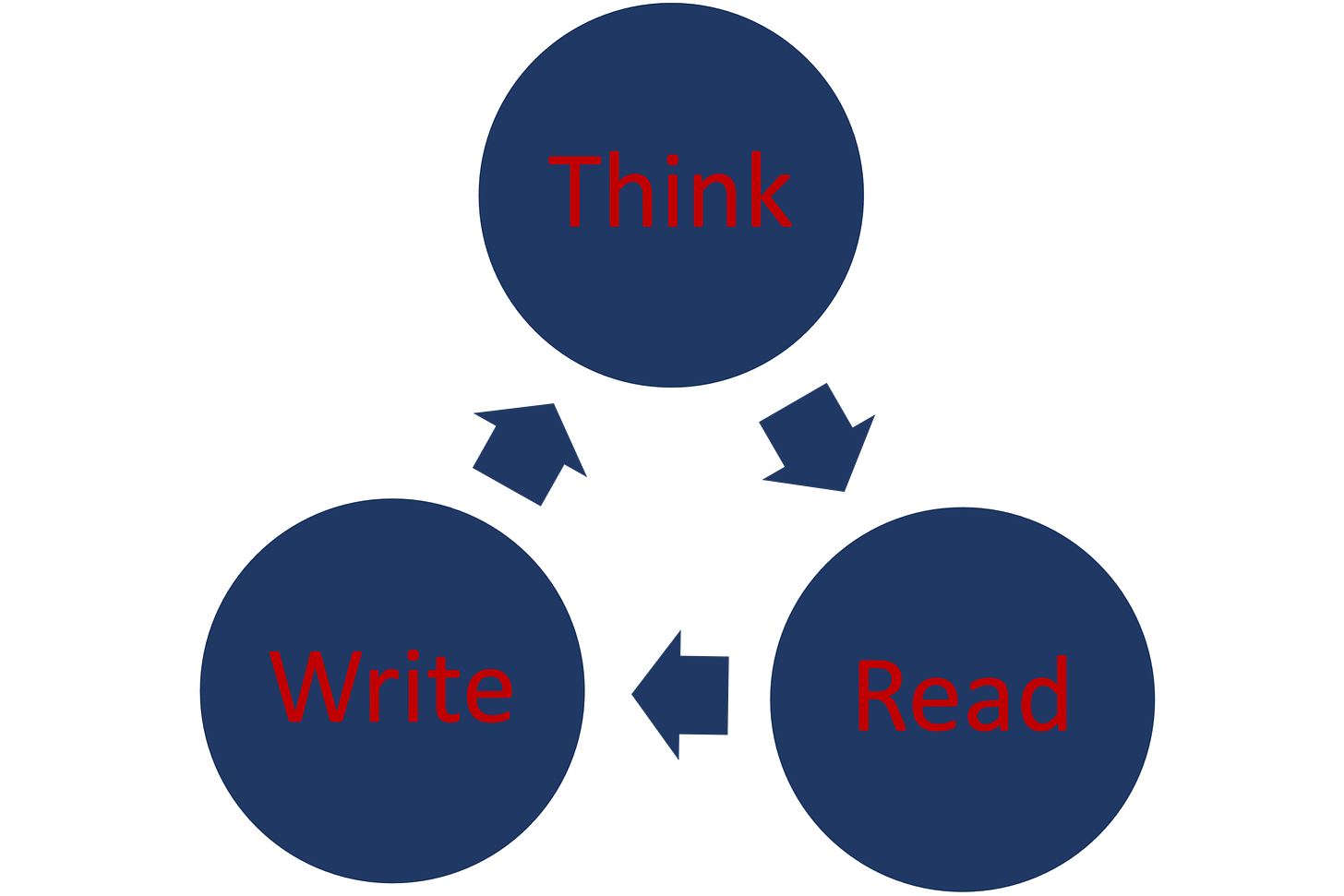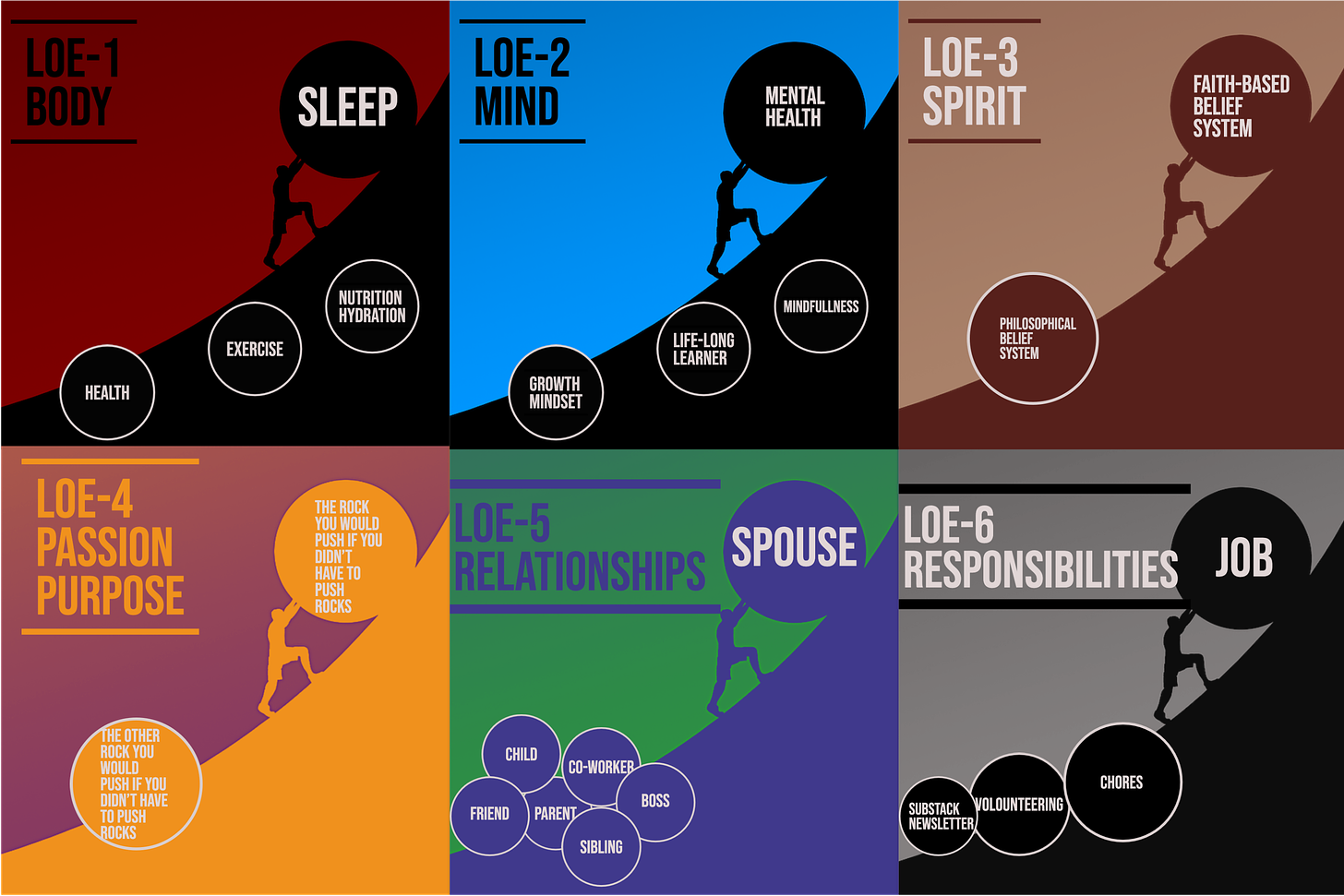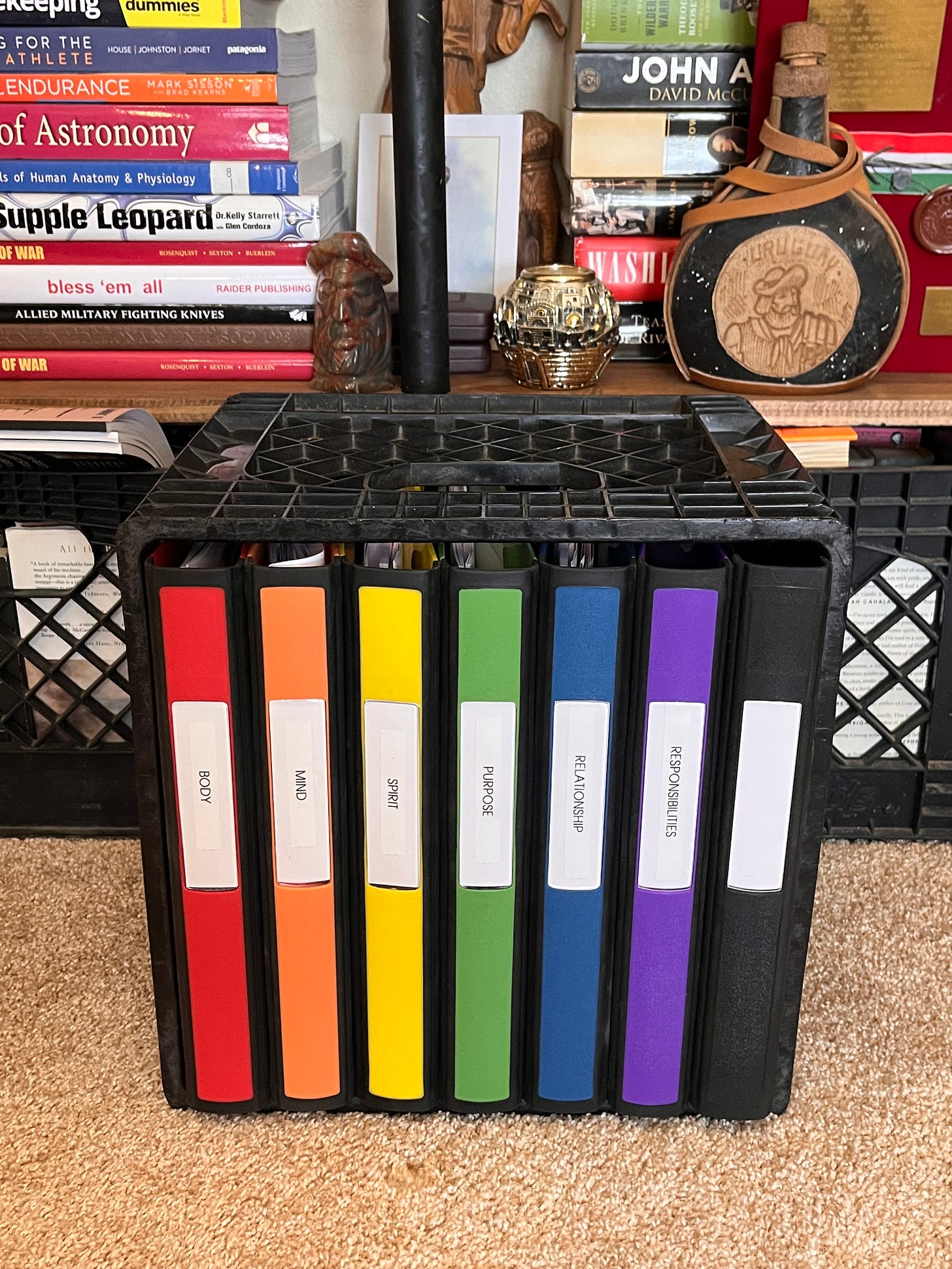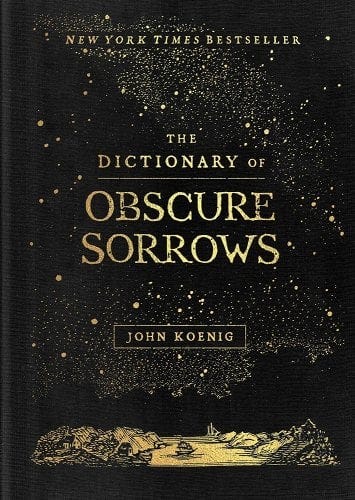Think.
For the last month or so we have been discussing systems for taking notes to capture what we hear, see, and read and to make sure we can recall the information when needed.
I have been developing a system that works for me and finally realized that the name has been right under my nose the whole while. I’m calling it Think, Read, Write, Repeat, or TRWR for short.
Think- Before reading I take a few minutes to think about what I already know about the topic (known knowns), and what I know I don't know about the topic (known unknowns).
Read- As I read, I mark information I want to return to later, highlight quotes of interest, or sources and make note of things I didn’t know that I didn’t know (Unknown unknowns).
Write- After I finish reading I take a break and then return to write down the notes I need.
Repeat- The process is the revolution. Each time I return to the notes I think about the information, look for other books to read, and make connections to other things I know. If possible I re-write my notes to simplify them and look for opportunities to convert them to metaphors to make them easier to remember and explain to others. When I finish, I Repeat and start back at the beginning. Hence the Revolution - just like Tommy Lee Jones in Under Siege.
Way back when I first started this substack almost eight months ago I talked about the concept of Lines of Effort. You can go back and refresh on it here.
Essentially, I believe that all of the aspects of our lives, the things we do, and the things we learn can be placed into one of six lines of effort. I likened these to the Sysiphian task of managing multiple boulders on multiple hills.
I have chosen to use these LOEs as the means to catalog and store my notes for easy retrieval. I started by taking a trip to Staples and picking up 6 binders (plus a spare, because you never know).
I will use my Mind binder as an example. Inside it, I have tabbed sections for:
Mental Performance
Mental Toughness
Mindfulness
Mental Health
Memory
Several years ago I started keeping a list of the books I read each year. In the front of each binder, I place a spreadsheet that lists the books by: Number, Name, Author, LOE, and Category. For example, Grit by Angela Duckworth is number 6-22 (sixth book of 2022). It falls primarily under the LOE mind and Category of Mental Toughness.
My notes for Grit will initially be placed under the Mental Toughness section, but as I return to my notes to review them I may find that a particular note pertains to the Purpose LOE. For example, there is a quote I copied from Grit, “Purpose means the intention to contribute to the well-being of others.”
I would copy this note into the Purpose notebook and annotate it as 6-22 p146. Now I know what book and what page the note came from. This level of detail is really only necessary if you may someday write a book that references Grit by Angela Duckworth, I’ll let you know when I do.
In the end, it is less important that the notes for a book remain together than it is for notes on each topic to stay together, and the same note can appear in multiple places if it is applicable.
I’m also trying to tie the rainbow color codes to a cross-referencing system by using the same color highlighters and Post-it notes. We’ll see how that goes.
Because my handwriting is abysmal, when I have a full page of notes I type them into a Word document, then print and add it to the binder.
“But John. If you are typing the notes anyway, why not just keep them on the computer?”
Great question. As a rule of thumb, I am not a Luddite, but when it comes to notes, I do like having them on paper. One reason I have previously mentioned is that the initial writing by hand aids in retention. Another is that I like the ability to have several notebooks open at once, and I find it easier to move between pages than to flip through tabs on the computer. By typing them I do keep a digital copy in case something happens to the original in keeping with the recon mantra: Two is one, one is none.
I’d love to hear your thoughts, questions, or your own method for capturing notes.
Starting next week were moving on to another one of my favorite activities, Rucking.
P.S. If you enjoy Think. Read. Write. Repeat. and would like to support by buying me a beer, click on the big beer below and you can do just that. Cheers!
Read.
The Dictionary of Obscure Sorrows
by John Koenig
I received this book for Father’s Day from my amazing daughter Kallie. It is a book I had no idea I needed. Koenig has created a dictionary of “New words for emotions that we all feel but don’t have the language to express.” Yes, on the one hand, it is just a book of made-up words, but they are made up very well. For example:
justing
n. the habit of telling yourself that just one tweak could solve all of your problems…
From: just, only, simply, merely + jousting, a sport won by positioning the tip of your lance at just the right spot at just the right second. Pronounced “juhst-ing”
I know I am occasionally guilty of justing and suspect I am not alone.
Write.
I have previously mentioned that I have the honor of serving as a senior editor for the Lethal Minds Journal. Please subscribe to our substack. LMJ is a veteran and servicemember-written magazine covering military, foreign affairs, literature, and the veteran community. If you are a veteran or active service member we would love to hear from you. The latest edition (Volume 13) will be available on substack on 1 July, and we will soon have a print edition with the best writing from our first year.
Repeat.
“The secret of success is to do the common things uncommonly well.” ―John D. Rockefeller
“Recipe for success: Study while others are sleeping; work while others are loafing; prepare while others are playing; and dream while others are wishing.” ―William A. Ward
“You may encounter many defeats but you must not be defeated. In fact, it may be necessary to encounter the defeats, so you can know who you are, what you can rise from, how you can still come out of it.” ―Maya Angelou
“The only place where success comes before work is in the dictionary.” -Vidal Sassoon.
Thanks for reading Think. Read. Write. Repeat. See you next Thursday!













As always, an informative read and over this course of discussions, I’ve thought a lot about my own personal systems of ‘mind management’. I’ve recently started to consider ‘rucking’ versus just what I consider walking. So, looking forward to that to come! And I’ll be looking to the other publication as well.
That’s a hell of a system Ranger! I’m not writing books or blogs but I am writing a lot at work. Great tips and here’s to discovering those unknown unknowns!